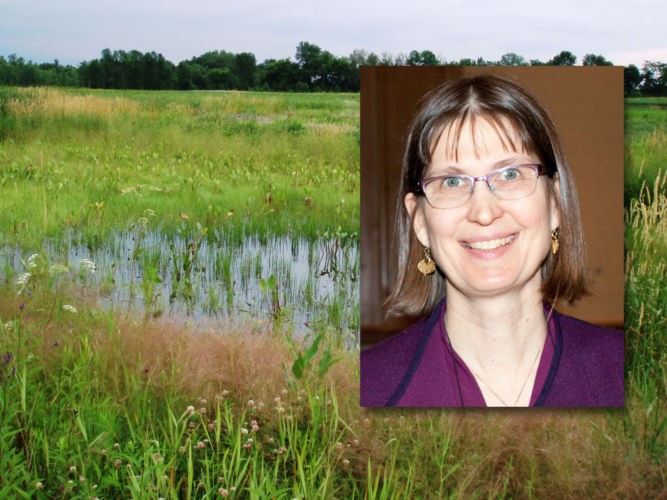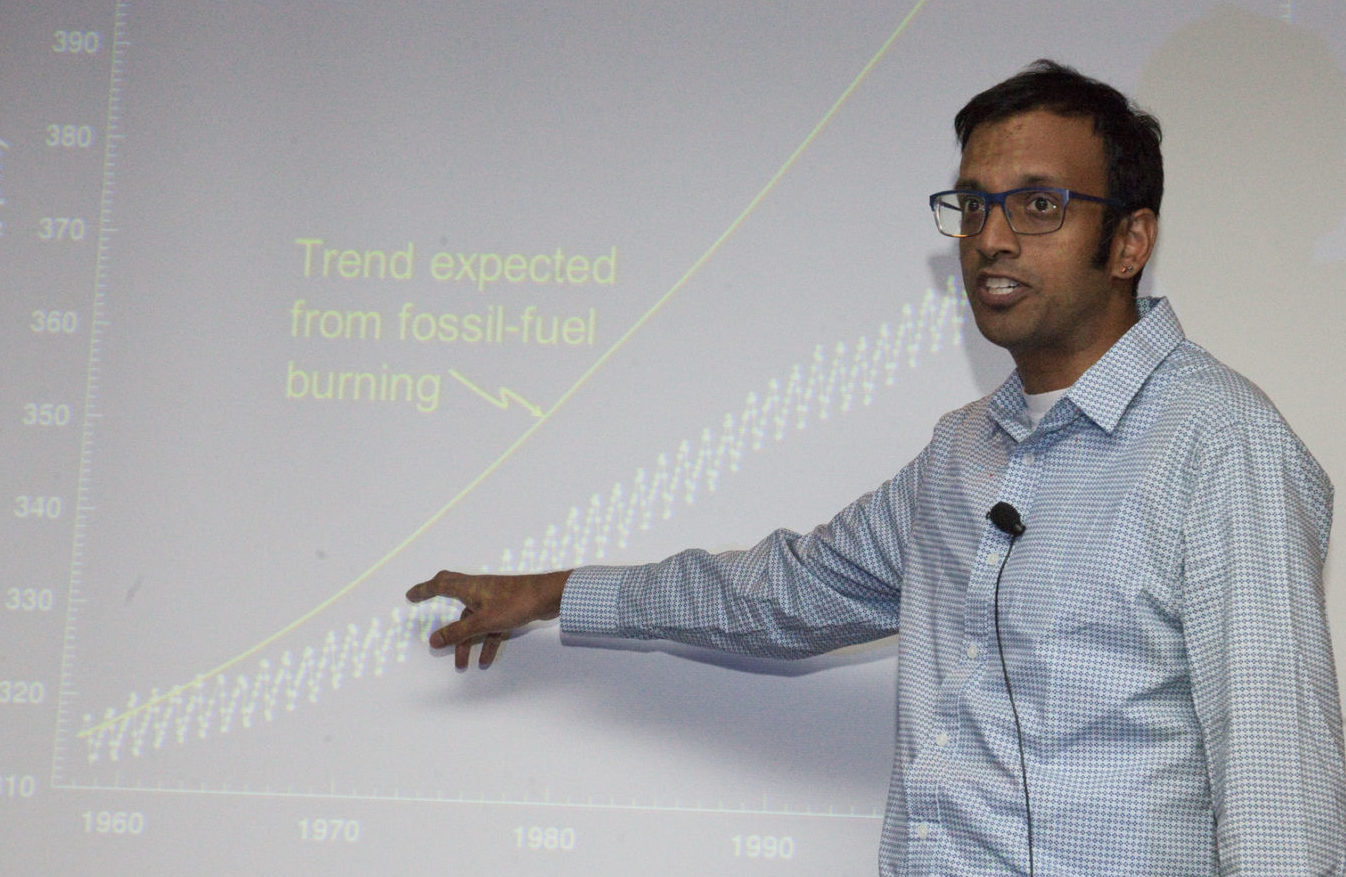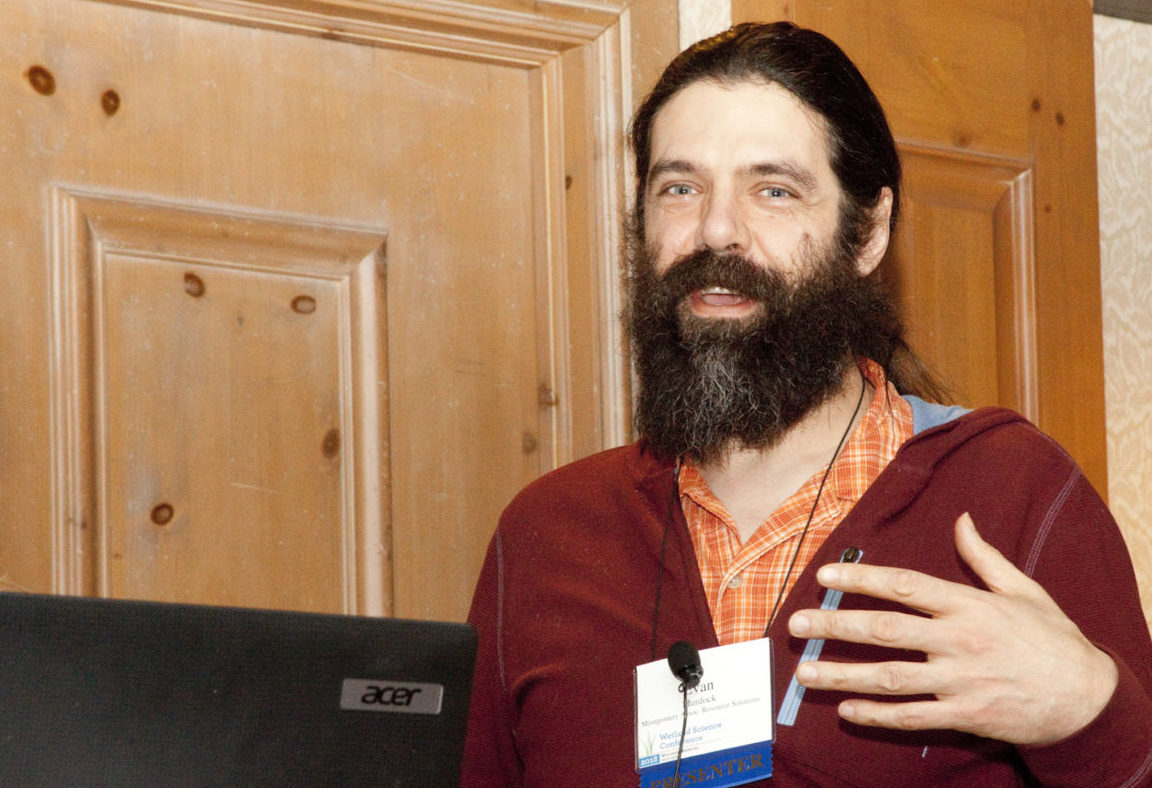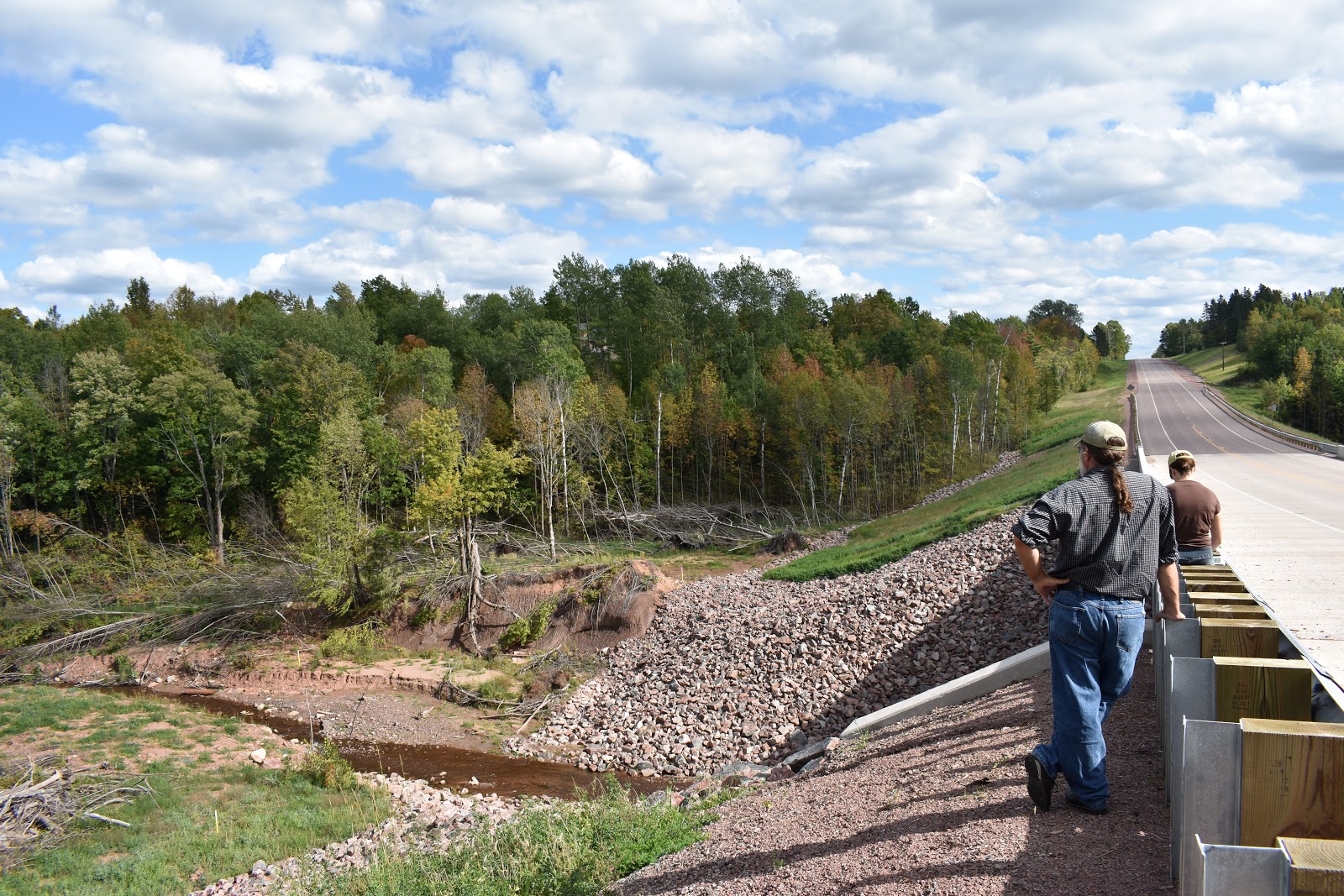Wetlands can convey resilience to our communities, providing many critical ecosystem services such as cleaning water, absorbing floodwaters, and providing habitat for wildlife. Despite their natural resilience and the natural benefits they provide, wetlands are vulnerable to many of the changes in our landscapes and weather patterns.
Over time, these changes can lead to shifts in species distributions and species communities as well as to biogeochemical changes in soil. Warming temperatures, increased levels of carbon dioxide in the atmosphere, and changes in frequency and intensity of rainfall will alter ecological processes. Losses of native species, particularly at the southern end of their ranges, and increases in species at the northern end of their ranges, may be common. Opportunistic, easily adaptable, and invasive species, pests, and diseases will take advantage of these changes and will increase. Severe storm events may further cause structural ecological changes from which our natural communities may not rebound easily.
Climate change acts with other stressors, such as urbanization, pollution, invasive species, and land use changes. Along with climate change, these stressors may disassemble existing ecosystems and lead to the emergence of new ones, further altering the benefits wetlands provide to human communities.
Adapted from Gillian Davies, Senior Ecological Scientist, BSC Group, Inc.
Photos by Monika Blazs and Cherie Hagen.
Ankur Desai examines wetlands’ ability to sequester carbon, and what it means for climate change.
Evan Murdock examines an uncertain variable in climate change; groundwater.




